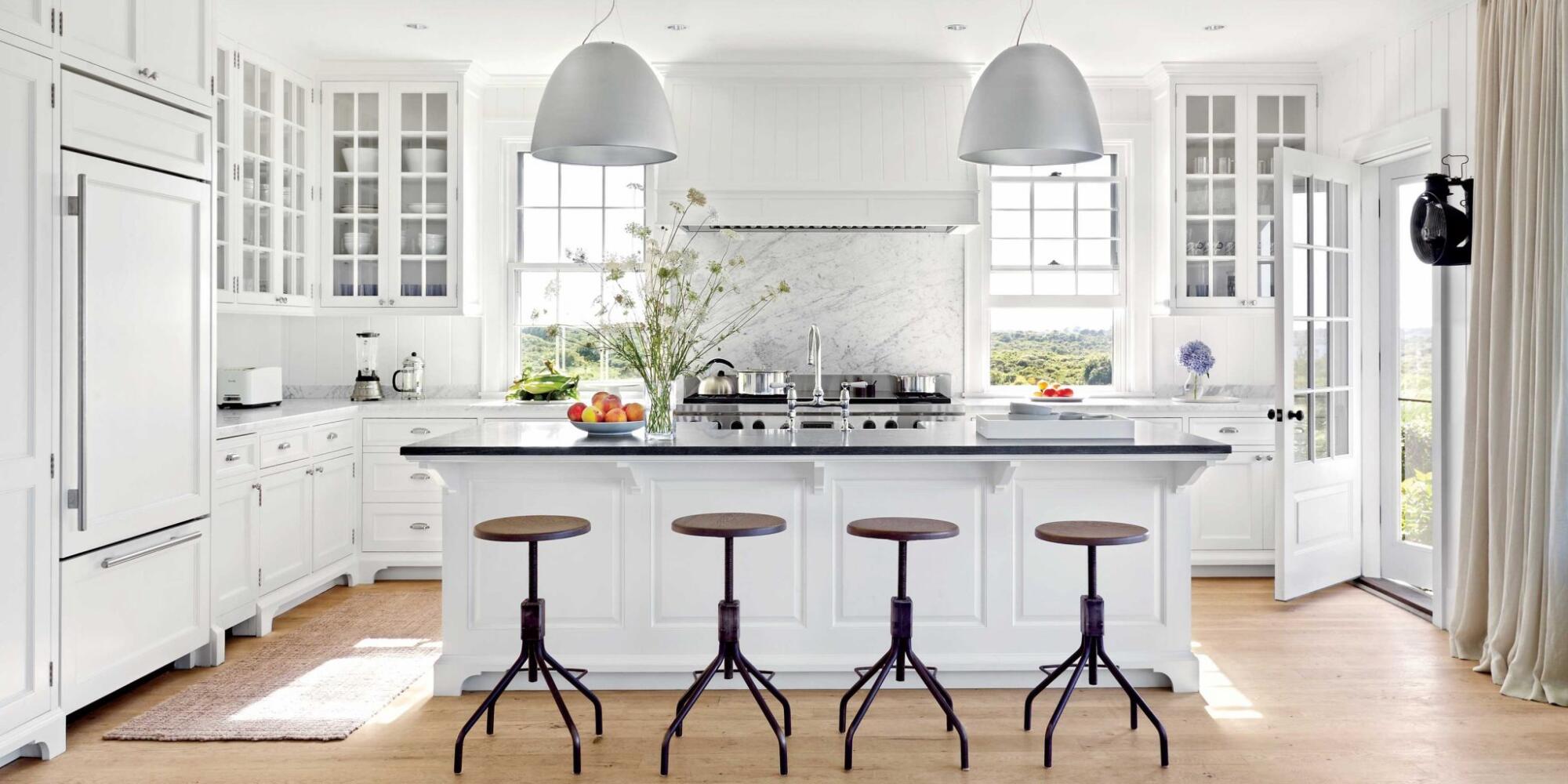Granite and Corian countertops are the most popular and widely utilized countertop materials in homes and kitchen renovations. There are many other possibilities as well. If you’re looking for a countertop material for your house, appearance, pricing, upkeep, and durability are the most significant considerations to consider.
Corian or Granite Countertops: Which Is Cheaper?
Granite Countertop
Appearance
Granite is a natural stone, meaning that each slab will have distinct striations and color variations that give the stone a more realistic appearance. Quarrying granite from the soil in big blocks creates a natural stone that is 100 percent pure. After that, slabs are chopped into smaller pieces and polished.
Because these slabs are spontaneously occurring and not perfectly manufactured by nature, any samples you analyze will differ slightly from the stone you acquire. Some homeowners may believe it to be overly “busy” due to the diversity of patches, freckles, veins, and swirls in Granite.
Cost
The cost of Granite may vary depending on the kind of Granite, thickness, and hue. The final price may include countertop installation and surface sealing. Granite is less costly than Corian, making it popular among homeowners. Granite requires frequent resealing, which may be higher.
Maintenance
Because Granite is a natural stone, it will need to be cared for to keep it from being stained or damaged. Because of this, you must clean Granite often and adequately to prevent the growth of bacteria and other microorganisms. You may seal Granite yourself or hire a professional to do it for you; it’s just a matter of when and how often.
Durability
When properly maintained, Granite is more susceptible to cracking and chipping than Corian, robust and durable. It’s a lot stronger than Corian, but not by much.
As with Corian, Granite needs more frequent re-sealing to maintain its strength and durability.
Otherwise, it would discolor and lose its strength even more. For 25 to 50 years, you may expect granite countertops to survive if they are appropriately cared for.
Corian Countertop
Appearance
In 1967, DuPont created Corian, a solid surface intended for countertop applications. It became immediate popularity with builders and homeowners in the 1970s and 1980s because of its capacity to produce any form with minimum seams and sections when it debuted in the early 1970s—allowing it to be used for counters, sinks, and even backsplashes.
Granite Corian is an engineered stone that contains a more significant percentage of acrylic polymers and resin (33 percent), with natural ingredients making up the remaining 66 percent. To develop solid sheets of Corian, a hot material mixture is poured into molds and allowed to cool.
Corian, like Granite, has a more consistent color and design than Granite, allowing you to create a more uniform pattern and aesthetic. When it comes to scratching, however, Corian has a lot more matte-like look (less vivid), is very soft, and is more likely to fade with time.
Cost
This is an attractive option if you’re on a tight budget or want to use Corian in a secondary space like a downstairs bathroom or laundry room.
Maintenance
Corian is non-porous, like Granite, and doesn’t need to be sealed or maintained in any way. Proper cleaning and maintenance are still required to avoid any damage that might limit the product’s lifetime. You should clean Corian sinks at least once or twice a week to eliminate any buildup of food residue. Regular cleaning with a soft cloth, warm water, and a light soap is part of this routine.
Durability
Corian is more easily scratched, scorched, and chemically damaged than Granite or Quartz because it is softer. Corian countertops can only withstand temperatures up to 312 degrees Fahrenheit before they begin to break down. As a result, Corian should not be used in kitchens or other areas where it will be subjected to heavy wear.
Bottom Line
Having seen some of the features of both Corian or Granite Countertops, it is evident that the best and cheaper option is Corian and is available in a wide range of colors. Cleaning is a snap because of the product’s smooth, non-porous surface.
It is possible to make it more attractive by using various materials. It is less expensive than granite, yet it is more hygienic since it does not trap germs. You may use a scouring pad to remove scratches on Corian surfaces. Pots and pans that are hot should not be placed directly on Corian surfaces since this may cause discoloration to the surface.
Rarely are manufactured materials equal to the elegance, delicacy, and timeless appeal of natural granite. Homes with granite countertops tend to sell more quickly. Granite is scratch-resistant, heat-resistant, and non-coloring, making it an excellent choice for countertops. Granite is more expensive than Corian.
If spills are not cleaned up immediately, the porosity of the surface may cause discoloration. It requires maintenance and may chip or shatter if struck by a large object. Because no two granite pieces are the same, replicating the original item’s look is complicated.





